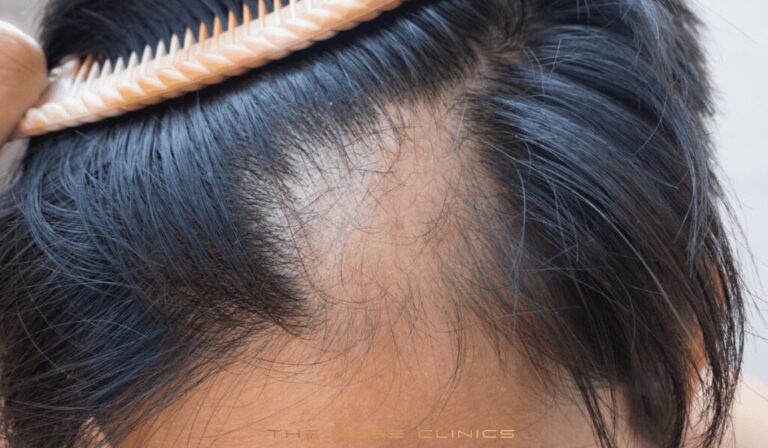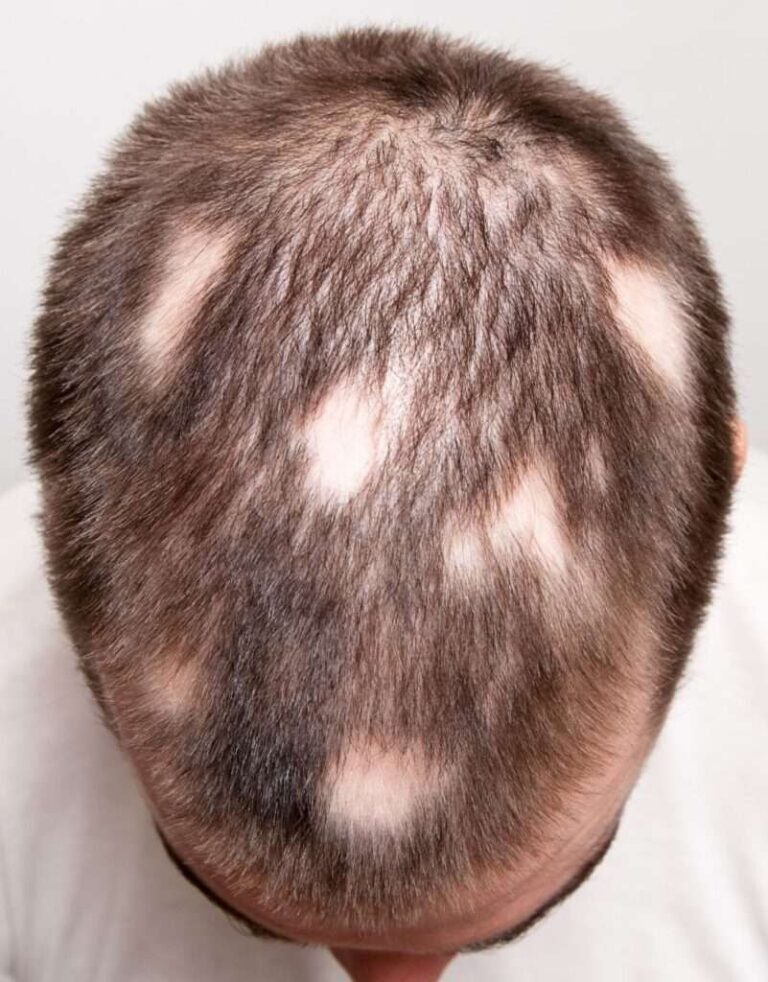Diabetic Retinopathy Guide
Diabetic retinopathy is a serious eye condition that can affect individuals with diabetes. Diabetes related retinopathy effecting the retina and can lead to vision loss if left untreated. In this comprehensive guide, we’ll cover everything you need to know about diabetic retinopathy, including its definition, stages, diabetic retinopathy symptoms, risk factors, and available treatment options.

What is Diabetic Retinopathy?
Diabetic retinopathy is a diabetes-related eye condition caused by damage to the blood vessels in the retina, the light-sensitive tissue at the back of the eye. It is a leading cause of blindness in adults and can occur in anyone with diabetes, regardless of type.
The longer an individual has diabetes, the more likely they are to develop diabetic retinopathy.
It is estimated that about 80% of people with Type 1 diabetes will develop some form of retinopathy within 20 years of their diagnosis, and about 40% of people with Type 2 diabetes will have it at the time of their diagnosis.
Diabetic Retinopathy ICD-10: The International Classification of Diseases, Tenth Revision (ICD-10), classifies diabetic retinopathy under the code H36.0, which refers to “diabetic retinopathy as a complication of diabetes mellitus.”
Diabetic Retinopathy Stages
Diabetic retinopathy progresses through four main stages:
1. Mild nonproliferative retinopathy: Small areas of swelling occur in the retina’s blood vessels, called microaneurysms.
2. Moderate nonproliferative retinopathy: Blood vessels become blocked, restricting blood flow in the retina.
3. Severe nonproliferative retinopathy: More blood vessels become blocked, leading to a lack of blood supply and the growth of new, abnormal blood vessels.
4. Proliferative diabetic retinopathy (PDR): New, fragile blood vessels grow on the surface of the retina, increasing the risk of bleeding, scarring, and vision loss.
Diabetic Retinopathy Causes
People with diabetes have a higher risk of developing eye diseases like cataracts, glaucoma, and diabetic retinopathy.
This is because high blood sugar levels can damage the small blood vessels in the retina, causing them to swell, leak fluid or bleed.
Other contributing factors include:
high blood pressure
high cholesterol
tobacco use
Diabetic Retinopathy Symptoms
In its early stages, diabetic retinopathy may not cause noticeable symptoms. As the condition progresses, symptoms can include:
1. Blurry or distorted vision
2. Dark spots or floaters in your visual field
3. Difficulty seeing at night
4. Loss of color vision
5. Vision loss or sudden blindness
Am I in the Risk Group?
Individuals with diabetes, both type 1 and type 2, are at risk for developing diabetic retinopathy. Other risk factors include:
1. Poorly controlled blood sugar levels
2. Long duration of diabetes
3. High blood pressure
4. High cholesterol
5. Pregnancy
6. Tobacco use
When to See the Doctor?
If you have diabetes, it’s essential to schedule regular eye exams to monitor your eye health and detect any signs of diabetic retinopathy. If you experience any changes in your vision or notice symptoms, consult an eye care professional immediately.
Diabetic Retinopathy Treatment
Treatment options for diabetic retinopathy depend on the stage and severity of the condition:
1. Early-stage diabetic retinopathy: Managing blood sugar levels, blood pressure, and cholesterol is crucial to prevent further damage to the retina.
2. Laser surgery: Focal or panretinal laser treatment can help seal leaking blood vessels or reduce abnormal blood vessel growth.
3. Vitrectomy: A surgical procedure to remove blood and scar tissue from the vitreous gel in the eye, improving vision.
4. Anti-VEGF injections: Medications that block the growth of new blood vessels and reduce fluid leakage in the retina.
Last Words from the More Clinics
Diabetic retinopathy is a serious eye condition that affects individuals with diabetes and can lead to vision loss if neglected. At-risk individuals include those with poorly regulated blood sugar, high blood pressure, and high cholesterol, among others. It’s crucial for anyone with diabetes to have regular eye check-ups for early detection and treatment. Management involves maintaining optimal blood sugar, blood pressure, and cholesterol levels, with advanced stages requiring treatments like laser surgery, vitrectomy, or anti-VEGF injections.
At The More Clinics Turkey , we’re committed to providing the highest quality care. Our experienced eye specialists can diagnose and treat diabetic retinopathy with the latest medical therapies. Contact our clinic today for more information or to book an appointment.
GET A FREE CONSULTATION!
Let’s Start Planning Your Treatment %100 Guarantee Results.

Written by The More Editorial Team and Medically Reviewed by Op.Dr.İbrahim Kaya who specialized on Eye Surgery, Retinal Surgery and Optalmology.






